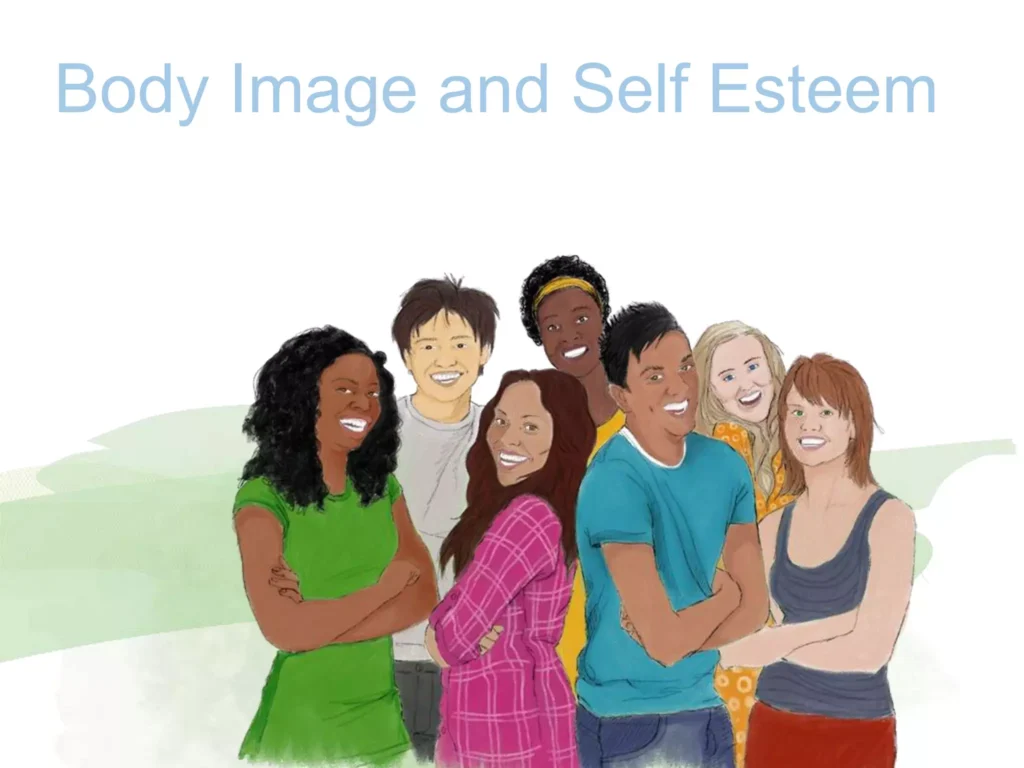How we perceive our bodies can have a profound impact on our mental health, social interactions, and overall happiness. While body image and self-esteem are two different concepts, they are closely linked — and improving one often improves the other.
In today’s image-conscious society, the pressure to look a certain way is stronger than ever. From social media to advertising, we’re constantly bombarded with curated images of perfection. But here’s the truth: real confidence doesn’t come from fitting an ideal — it comes from feeling good in your own skin.
That said, sometimes making positive changes to our appearance can help us reconnect with our confidence. And one surprising area that plays a huge role? Your smile.
Understanding Body Image and Self-Esteem
Body image refers to how we view our own physical appearance — our thoughts, feelings, and beliefs about the way we look. It’s not always based on reality. People with a healthy body image feel comfortable and confident in their appearance, while those with a poor body image often struggle with feelings of shame, anxiety, or unworthiness.
Self-esteem goes a bit deeper. It’s about how much we value ourselves, not just our looks. However, the two often overlap. A negative body image can chip away at self-esteem, especially when it affects social interactions, job performance, or personal relationships.
Many people feel that their confidence is directly tied to how they present themselves, and even one physical feature they’re unhappy with — like crooked teeth or acne — can influence their self-worth.
How Appearance Affects Mental Health
Research consistently shows that individuals who feel dissatisfied with their appearance are more likely to experience depression, social anxiety, and low self-confidence. These emotional struggles can lead to isolation, lack of motivation, or even difficulty pursuing goals.
While therapy and self-work are key to long-term mental wellness, physical self-care — including grooming, styling, and cosmetic improvements — can also be valuable tools for self-esteem enhancement.
One area that often gets overlooked in the body image conversation is dental health and the appearance of our teeth. Our smile is one of the first things people notice — and it’s often a source of insecurity for many.
The Smile-Self-Esteem Connection
A healthy, confident smile isn’t just about looks. It affects how we speak, laugh, eat, and interact with others. Feeling insecure about your teeth can make you hide your smile, avoid conversations, or hold back in social and professional settings.
Cosmetic and restorative dentistry has come a long way — and today, there are many non-invasive and accessible options that can help people improve their smile and, in turn, their self-image.
Restorative Dentistry: A Confidence Game-Changer
If you’re unhappy with chipped, stained, or uneven teeth, restorative dentistry can offer solutions that are both practical and transformative. Treatments don’t just restore function — they also rebuild confidence.
One common area of debate when it comes to cosmetic improvements is bonding vs porcelain veneers.
Bonding vs Porcelain Veneers
- Dental bonding involves applying a tooth-colored composite resin to correct chips, discoloration, or minor gaps. It’s quick, cost-effective, and typically completed in one visit. Bonding is a great option for small cosmetic fixes and can last several years with proper care.
- Porcelain veneers are ultra-thin shells custom-made to cover the front surface of the teeth. They offer a more dramatic transformation and are ideal for those with multiple cosmetic concerns such as misshapen teeth, discoloration, or spacing issues. Veneers are more durable and resistant to staining, often lasting over a decade.
Both options can enhance your smile and, by extension, your self-confidence. The best choice depends on your specific goals, budget, and overall dental health.
What’s important to remember is this: choosing to improve your smile isn’t about vanity — it’s about empowerment. It’s about removing a source of daily insecurity and replacing it with pride and positivity.
Final Thoughts: Small Changes, Big Impact
Body image and self-esteem are deeply intertwined. When we feel good about how we look, we’re more likely to carry ourselves with confidence, speak up, and live fully. And while external appearance isn’t everything, it’s okay to acknowledge its role in our mental and emotional well-being.
If your smile is something you’ve struggled to feel good about, know that you have options. Restorative treatments like bonding or veneers are more than cosmetic fixes — they can be confidence restorers.
Whether it’s your teeth, your skin, or any other part of your body image, making choices that align with how you want to feel can be the first step toward stronger self-esteem. You deserve to smile — and feel good doing it.






